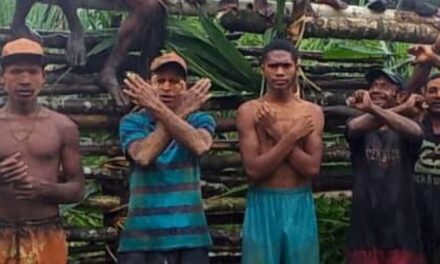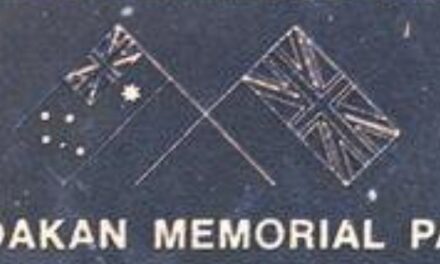The Rise, Fall and Future of Kokoda Tourism
It is difficult for the layman to stay abreast of reports and reviews commissioned by the DFAT Kokoda Initiative regarding the management of the Kokoda Trail.
In 2014 Oxford Policy Management, a London based international aid-constancy firm, contracted Cardno, a Brisbane based professional infrastructure and environmental services company, to conduct a ‘Kokoda Initiative Second Joint Understanding, Mid-term Review’.
The purpose of the Review was to ‘assess the success of the Kokoda Initiative/Joint Understanding 2 to date from both the PNG and Governments’ perspectives with sensitivity to the different cultural attitudes that define ‘success’ – whatever that means.
The authors of the review worked in Port Moresby for just seven (7) days from 28 February to 7 March 2014 but did not visit the Kokoda Trail. During this time, they neglected to consult with the two most important stakeholders in Kokoda tourism i.e., the tour operators who generate the income and the people who own the land between Owers Corner and Kokoda!
The review team seemed to know little about PNG or the reality of Kokoda tourism. Their knowledge was further hampered by their failure to trek across the Kokoda Trail to seek to understand the two key stakeholders in Kokoda tourism i.e., Australian tour operators who generate the income for the industry and traditional landowners across the Trail.
According to their report on this link, the key stakeholders in Kokoda tourism were:
- PNG Government Department of Environment and Conservation (3-4 Staff)
- Australian Government Department of Foreign Affairs and Trade (including in relation to its function to deliver the Australian aid program) (3-4 Staff)
- PNG Government Kokoda Track Authority (1 CEO plus 3-4 Board members)
- PNG Government Tourism Promotion Authority (2 Staff)
- PNG Government National Museum and Art Gallery (1 person)
- PNG Government Department of National Planning and Monitoring (1 person)
- PNG Government Department of Provincial and Local Government Affairs (1 person)
- Central Provincial Administration (2 people)
- Northern Provincial Administration (2 people)
- Sohe District Administration (1 person)
- Hiri District Administration (1person)
- Koiari Rural Local Level Government (1person)
- Kokoda Rural Local Level Government (1person)
- PNG based Tour Operators (2-3 operators)
- Communities along the Kokoda Track (1 meeting, multiple people)
- Kokoda Track landowners
The Oxford Policy Management-Cardno report is therefore based on consultation with a maximum of 25 people who had never trekked across the Trail or had any expertise in commercial business management, pilgrimage, tourism or the needs of village-based landowner communities.
The 2014 Mid-term Review was difficult to untangle as it contained much obfuscation, ambiguity and repetition.
The latest review by Oxford Policy Management provides a timely opportunity to bench-mark the 2014 ‘Kokoda Initiative Second Joint Understanding, Mid-Term Review’ against the reality of 2020. It comes as no surprise to those engaged in the business of Kokoda tourism that the aid-funded Oxford Policy Review was an academic study much divorced from the reality of the Kokoda Trail.




